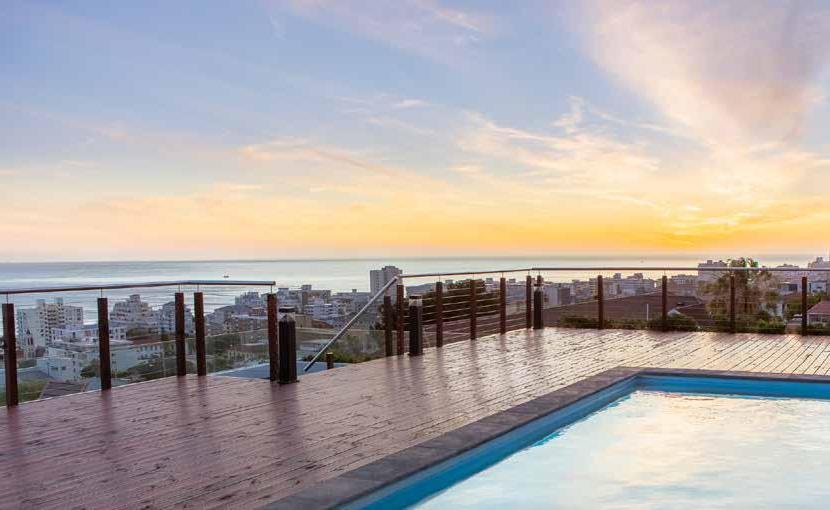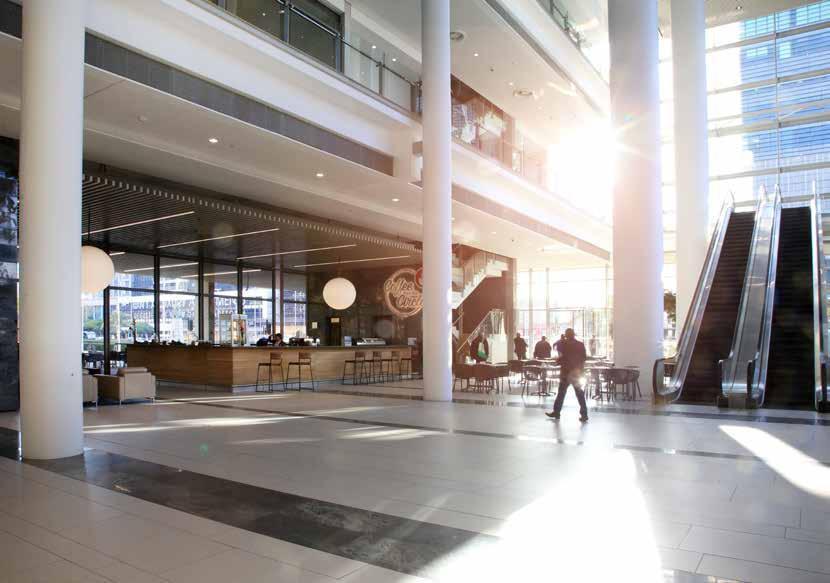Meetings’ must-know minutia
AfDB lends €188 million to Mauritius in fight against Covid-19
Covid-19 protocols for local tourism industry launched Towards the end of May, the Tourism Business Council of South Africa (TBCSA) launched the Tourism Industry Standard Protocols for Covid-19 Operations to better guide the tourism industry on how to maintain health and hygiene standards as set out by the World Health Organization (WHO), the National Institute of Communicable Diseases (NICD) and the Department of Health (DoH). “The tourism industry has developed comprehensive protocols for the operation of all types of tourism businesses or facilities in times of the Covid-19 pandemic. The protocols align with the WHO, NICD and DoH guidelines and advice, and will be revisited as required on an ongoing basis. They cover customer information, PPE, physical distancing, and sanitisation and hygiene practices, among others, for staff and customers,” says the report (access it here: https://cutt.ly/JyV7d4g).
262 South Africans stranded in India come home On 24 May 2020, 262 South Africans who were stranded in India landed back on home soil. The group arrived late in the evening and were transported to Indaba Hotel in Fourways in minibuses, where they were to spend 14 days in quarantine. The South Africans were repatriated at a cost of around R15 000 each, which covered their flights, accommodation, food and testing for Covid-19. Speaking on the trip home was Sadhana Ryan, who said she was very grateful to be back home: “We are very comfortable and really have nothing to complain about. We are quarantined in our rooms for at least five days until the health authorities come and proceed with testing.”
Towards the end of May, it was announced that the Mauritian government had launched the Covid-19 Rapid Response Facility (CRF) in an effort to fight against the ongoing pandemic. The CRF will be supported through a €188 million (R3.6 billion) loan from the African Development Bank (AfDB) to Mauritius, with the aim mitigating the adverse economic and social impact of the disease. The response will focus on three pillars that will: improve healthcare systems; better protect livelihoods, income security and access to essential goods and services; and bolster the private sector as a strategy for the recovery of the economy. The Indian Ocean island has managed to remain fairly insulated from the virus, reporting 332 cases at the end of April, with just two new cases reported towards the end of May.
Two-thirds of South Africans worried about a post-pandemic future Figures from a Stats SA survey point to a nation that is very concerned about what the future will look like post Covid-19. “8.1% of respondents reported that they lost their jobs or had to close their businesses, and 1.4% became unemployed. Almost 9 in 10, or 89.5%, respondents who were employed before the national lockdown remained employed during the lockdown,” notes Malerato Mosiane, employment statistician at Stats SA. Income statistician Werner Ruch says that the results indicate an increase in the proportion of those who derived their incomes from savings and investments. “They reported that loans from friends, family and/ or businesses increased from 1.7% to 3.3%, and claims from UIF increased from 0.3% to 2.1%,” explains Werner. The survey further indicated that about 33.4% reported that Covid-19 and the national lockdown would have no impact on their ability to cover their financial obligations, while 18.7% and 18.2% of respondents indicated that it would have a major or moderate impact, respectively.











